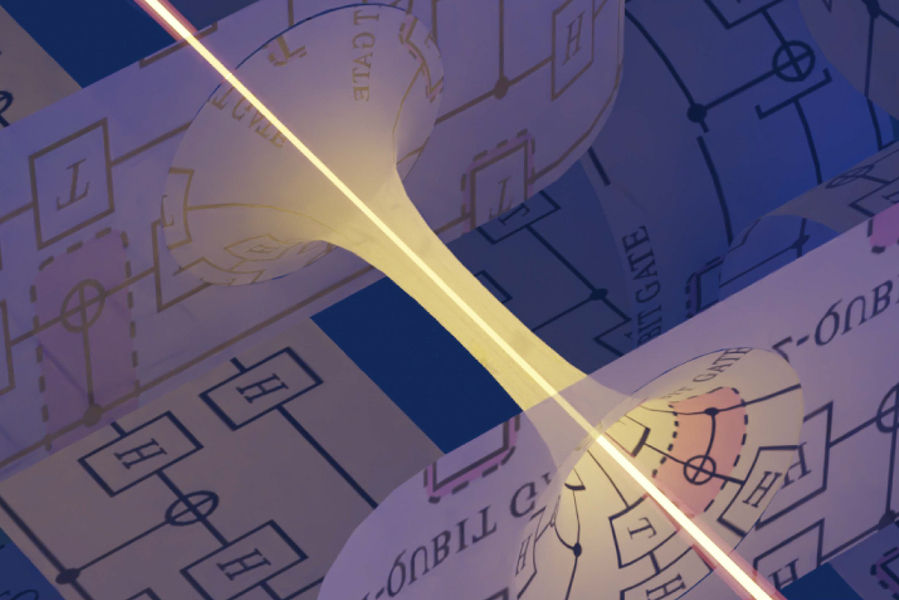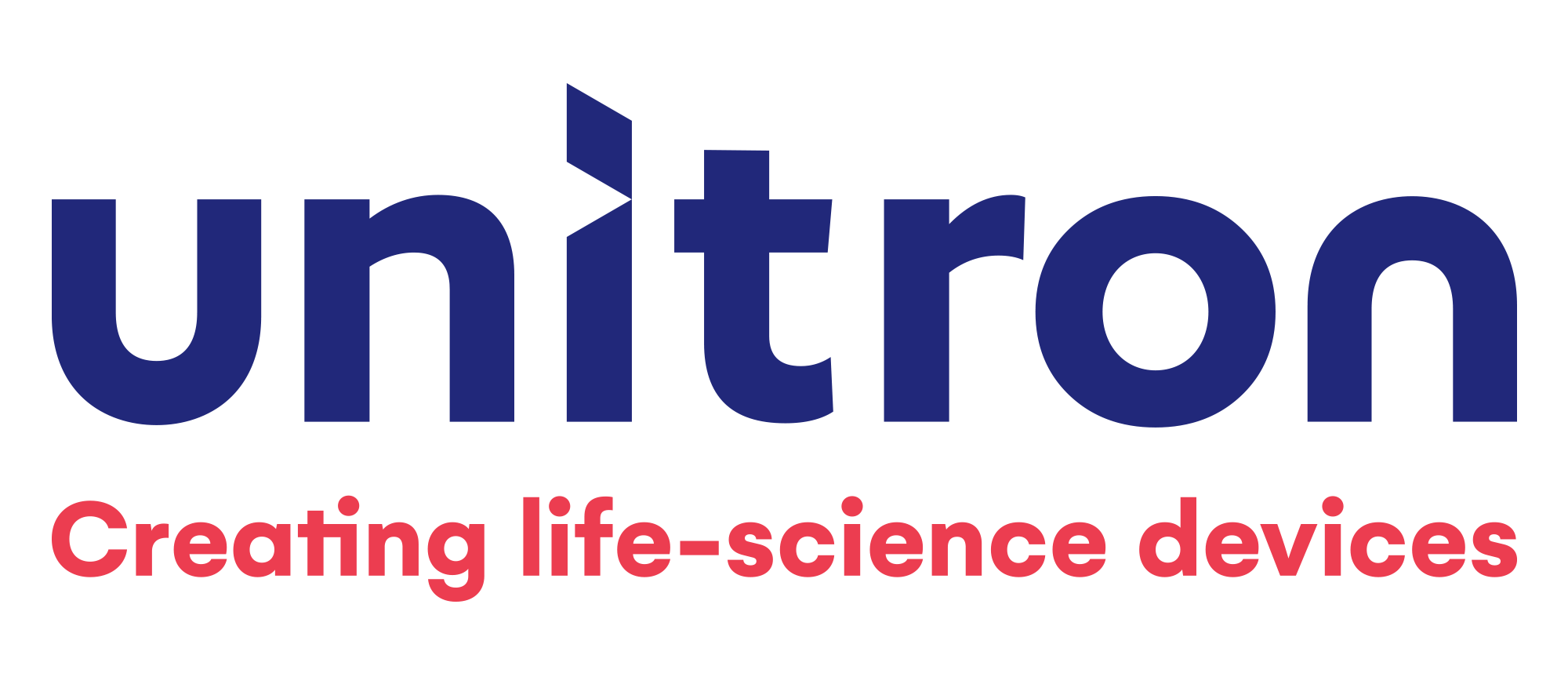Well, not exactly the kind that Matthew McConaughey used to enter the planet-rich part of the universe in ‘Interstellar’, known as the Einstein-Rosen Bridge. It is more like a baby wormhole or a simulation of one. Scientists from Harvard, MIT, and Caltech have simulated two black holes on a quantum computer and sent a message - a quantum state - between them through a shortcut in space-time called a wormhole. They have used machine learning to make this massive quantum phenomenon simple enough to be stimulated by an existing quantum machine while maintaining a reasonable model of a wormhole. Therefore, the black holes used as the entrance to the wormhole are just as real as the ones you can draw on a piece of paper, and they are not capable of swallowing the matter around them. However, this experiment carried out on Google's quantum processor helps to understand the relationship between gravity and quantum mechanics, a prediction known as quantum gravity. It is also one of the bigger steps in a new era of experiments using quantum computers to study quantum mechanics, string theory, relativity, and other scientific mysteries.



